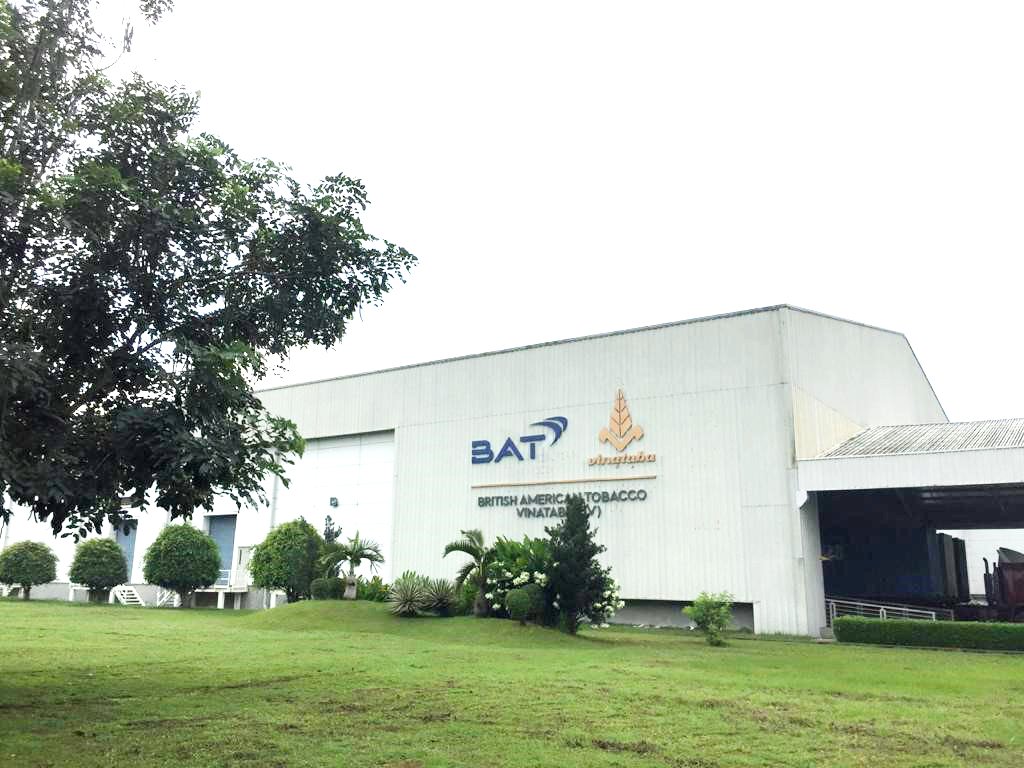BAT has upped its carbon neutrality target to scope 3, the highest level in the Greenhouse Gas Protocol Corporate Standard, by 2050 from its earlier target of scope 1 and scope 2 by 2030 as part of its evolved strategy to deliver “A Better Tomorrow.”

BAT has upped its carbon neutrality target to scope 3, the highest level in the Greenhouse Gas Protocol Corporate Standard, by 2050 from its earlier target of scope 1 and scope 2 by 2030 as part of its evolved strategy to deliver “A Better Tomorrow.”
This is one of the many ambitious new environment targets highlighted in the company’s recently released 2020 environmental, social and governance (ESG) report.
The new commitment, which aims to cut emissions across the company’s value chain, is built on BAT’s existing efforts to engage with suppliers on climate change and support contracted farmers in adopting less carbon-intensive farming techniques.
Jack Bowles, BAT’s chief executive, said: “We are at a pivotal moment in our transformation and are committed to building the enterprise of the future. This report gives a transparent account of our progress and our heightened ambition.
“We continue to drive for excellence across all areas of ESG and we’re proud to announce our new commitment of expanding our carbon neutrality target to include scope 3 emissions by 2050.”
In addition to the carbon neutrality target, BAT has also advanced other targets related to water consumption, renewable energy and waste to landfill.
Having achieved its water recycling target ahead of time, it has announced it will set the bar higher and increase the volume of water recycled to 30 per cent by 2025.
By 2025 BAT also aims to have 100 per cent of all manufacturing sites certified by the Alliance for Water Stewardship (AWS). This respected independent audit certification will help validate its water stewardship.
Furthermore, the report targets making 100 per cent of operation sites zero waste to landfill by 2025.
The company said the purpose of the ESG report is to reduce the health impact of its business by offering less risky products to the consumer.
“Our ESG report outlines how we are delivering against our purpose and putting sustainability at the front and centre of our business,” the company said.
“It provides detailed information about our policies, management approach, performance and targets for all our environmenal, social and governmance priorities.”
BAT has been on a sustainability journey for more than 20 years.
The latest ESG report also shows how the company has delivered significant progress since then.
It increased consumers of non-combustible products by three million to 13.5 million by year-end 2020.
The use of renewable energy increased to 26 per cent, a 10 percentage point increase from the previous year, meaning a more than 30 per cent reduction in overall carbon emissions.
The use of water declined by nearly 11 per cent from 2019.
More than 38,000 human rights training sessions with more than 390,000 attendees were organised across its supply chain.
It was notable that in 2020 female representation in management roles reached 38 per cent.
The efforts of the company in achieving evnironmental goals are evident in the many markets it which it operates.
For instance, the company uses a range of alternative and more sustainable fuels including sugarcane bagasse briquettes in Kenya, jutesticks, rice husk briquettes and other agricultural waste in Bangladesh, candle nut shells in Indonesia, and rice paddy husk in Sri Lanka and Việt Nam.
In Viet Nam, the company’s afforestation programme has seen more than 26 million saplings planted on more than 11,300 hectares of land since 2002.
Meanwhile, the BAT-Vinataba Joint Venture Company in Dong Nai Province has for the last six years pursued initiatives to utilise or reuse scrap, which has had a positive impact on the environment.
The company has implemented energy efficiency management programmes and used advanced German dust filter and deodorising technologies to manage the odours and dust released into the environment.
Besides, the company uses rainwater and processes wastewater to standard A levels before releasing it into the environment. The result is that annual water use has decreased from 2.2 cubic metres per tonne of product to 1.82cu.m.
By September 2020, with its relentless efforts to overcome all challenges, the factory had made significant strides in achieving environmental protection, ensuring absolutely no waste was buried. All the waste is sorted at source and sent to waste treatment plants.
“BAT is on track to build ‘A Better Tomorrow’ for all, from enabling consumer choice and encouraging consumers to switch to scientifically-substantiated reduced-risk products, protecting the environment, respecting human rights, and investing in talent,” Bowles said.
“Ultimately our ambition is to reduce the health impact of our business and to deliver a positive environmental and social impact.”
BAT’s sustainability efforts and commitment to high standards have received notable independent recognition.
These include inclusion in the Dow Jones Sustainability Indices for 19 consecutive years, a MSCI rating of BBB and CDP A List status.
Recently Refinitive, a global provider of financial market data and a subsidiary of the London Stock Exchange Group, named BAT as the third highest ESG-rated FTSE 100 company. — VNS





